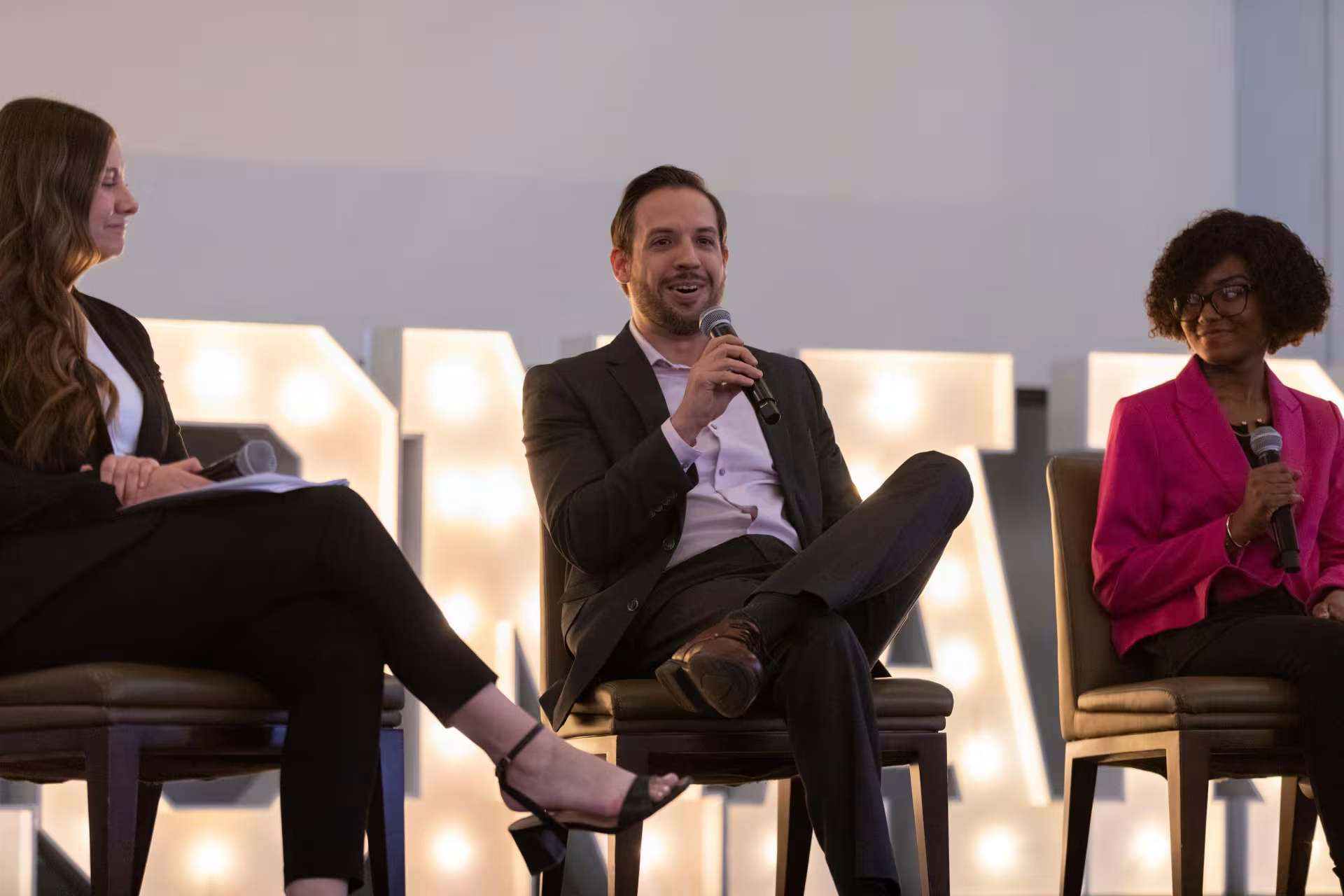Read time 4 minutes
Published on Sep 10, 2024
Children and adults learn differently. They benefit from specialized teaching methods. Continue reading to learn more about adult learning theories and how you can further develop your skills as an adult educator.
In This Article:
What Is Adult Learning Theory?
An adult learning theory provides a framework for how adults process and retain new information. At the heart of adult learning theories is the concept that adults learn differently than children do, and therefore they can benefit from specialized instruction designed specifically for adults.
Today, there is more than one adult learning theory. However, the first theory was developed in 1833 by Alexander Kapp, an educator, and it was refined over time with input from various others, such as Malcolm Knowles (see “Andragogy” below).(See disclaimer 1)
3 Main Adult Learning Theories
While today’s adult educators may lean heavily on andragogy, they may also explore other adult learning styles or theories, including transformative learning and experiential learning. Let’s take a closer look at these three primary types of adult learning theories:
1. Andragogy
Andragogy is credited for being developed by the educator Malcolm Knowles in the 1970s, but the theory has its roots in 1833 when a German teacher named Alexander Kapp organized the theory. (The term “andragogy” refers to the instruction of adults, whereas “pedagogy” refers to the instruction of children.) Since 1833, academics such as Eduard C. Lindeman and Martha Anderson expanded upon the concept, and then Malcolm Knowles added to it and popularized it in the 1970s.(See disclaimer 1)
Within the andragogy model, there are six principles of adult learning:(See disclaimer 1)
2. Transformative Learning Sociologist
Jack Mezirow developed this theory of adult learning. This approach echoes one of the principles of andragogy regarding experiences. Specifically, transformative learning assumes that adult learners view educational material in light of their experiences.(See disclaimer 2)
When a lesson plan is viewed through the lens of experiences, this viewpoint influences the interpretation of the lesson plan. In turn, this leads to a paradigm shift that affects future behaviors, mindsets and beliefs. Transformative learning suggests there are four sequential processes of learning:(See disclaimer 2)
3. Experiential Learning
Psychologist David Kolb developed this theory of adult learning in the 1980s. It emphasizes the role of experiences in the learning process and states that individual learners can derive meaning from their own experiences. For learning to take place, an experience must also involve reflection and analytical reasoning. This theory also emphasizes the need for adult learners to apply what they have learned, and so decision-making and problem-solving skills are necessary.(See disclaimer 3)
Why Are the Theories of Adult Learning Important?
Adult education is highly goal-oriented; adult learners generally undergo a training program or earn a degree to achieve career advancement, develop a new skill or area of expertise or become more competent at their work. However, it’s difficult to help adult learners reach their goals if the approach is haphazard and not evidence-based.
The theories of adult learning are important because they are geared toward how the adult mind thinks, acquires new information and processes that information. By applying these techniques in the classroom or corporate training room, instructors can help their adult students better achieve their goals. Exploring adult learning styles can allow instructors to adapt the curriculum to suit the unique needs of their students.
What Are the Challenges of Adult Learning?
While adult learning theories can help learners achieve their education goals, they may still face some challenges in learning new information. These challenges can include the following:
Dive Into Adult Learning Styles at GCU
If you want to inspire and empower adult learners to achieve greater heights, then you should consider enrolling in Grand Canyon University’s Doctor of Education in Teaching: Adult Learning degree program. At GCU, the College of Doctoral Studies provides learners with the resources and guidance to thrive in a variety of degree programs.





